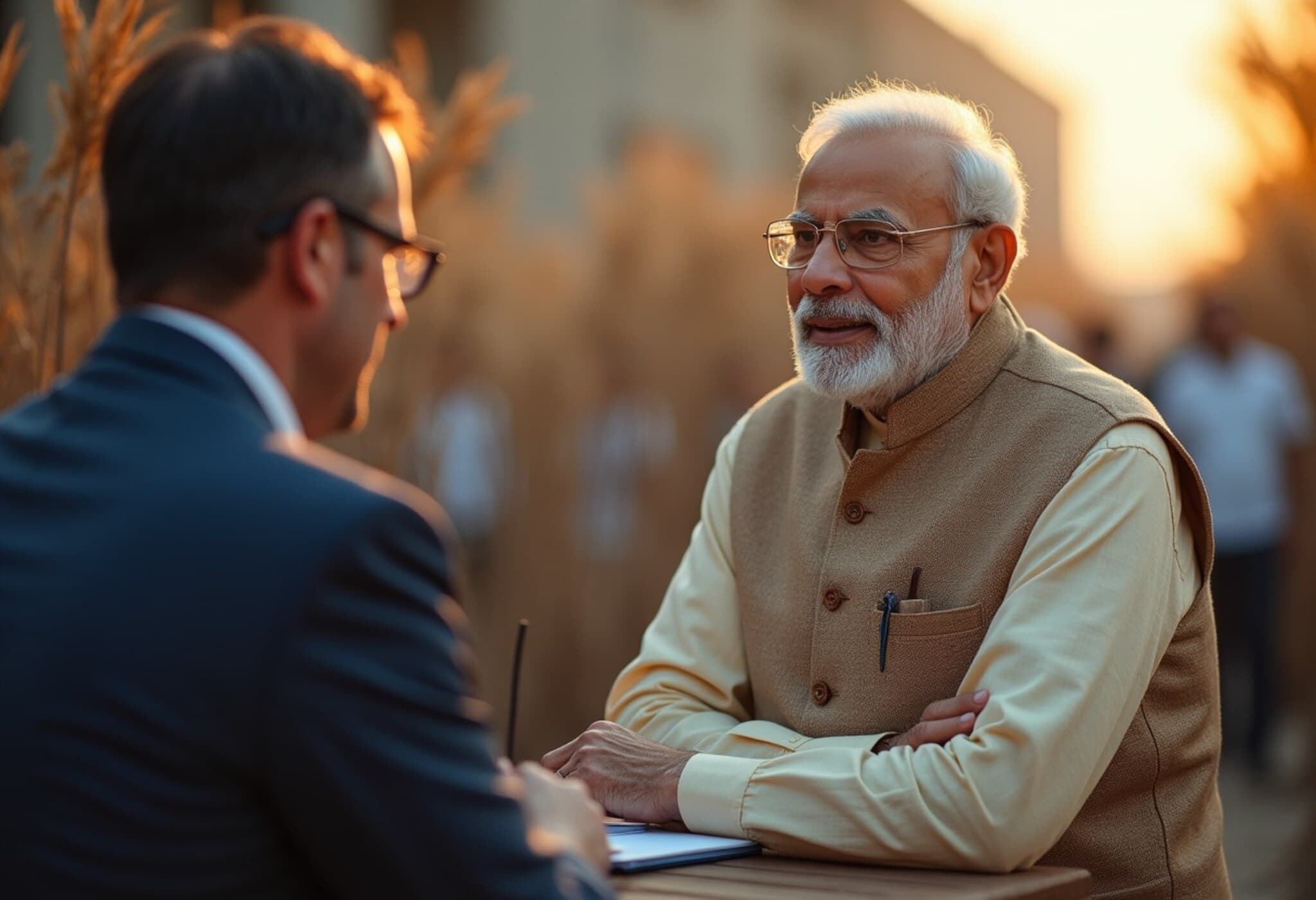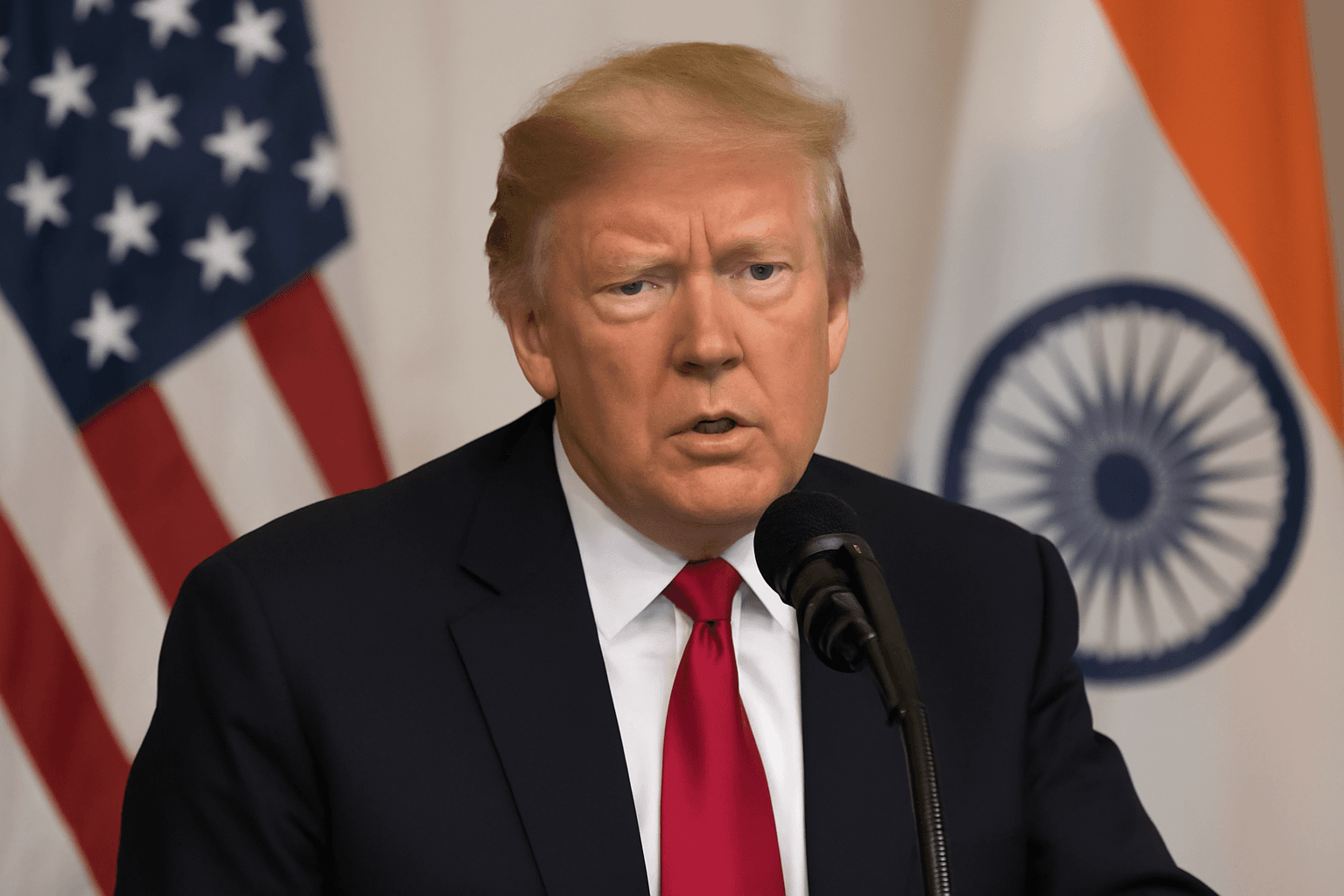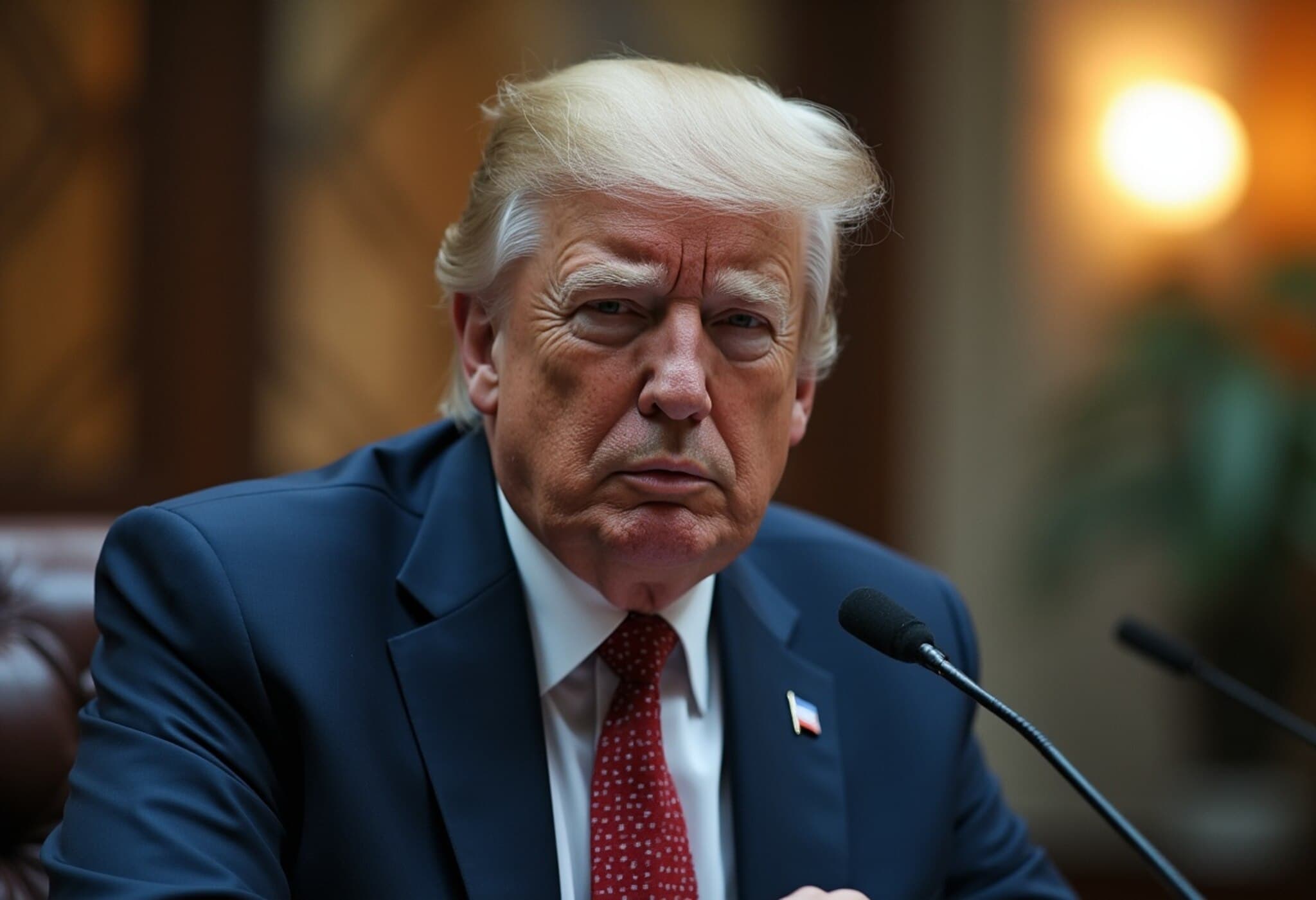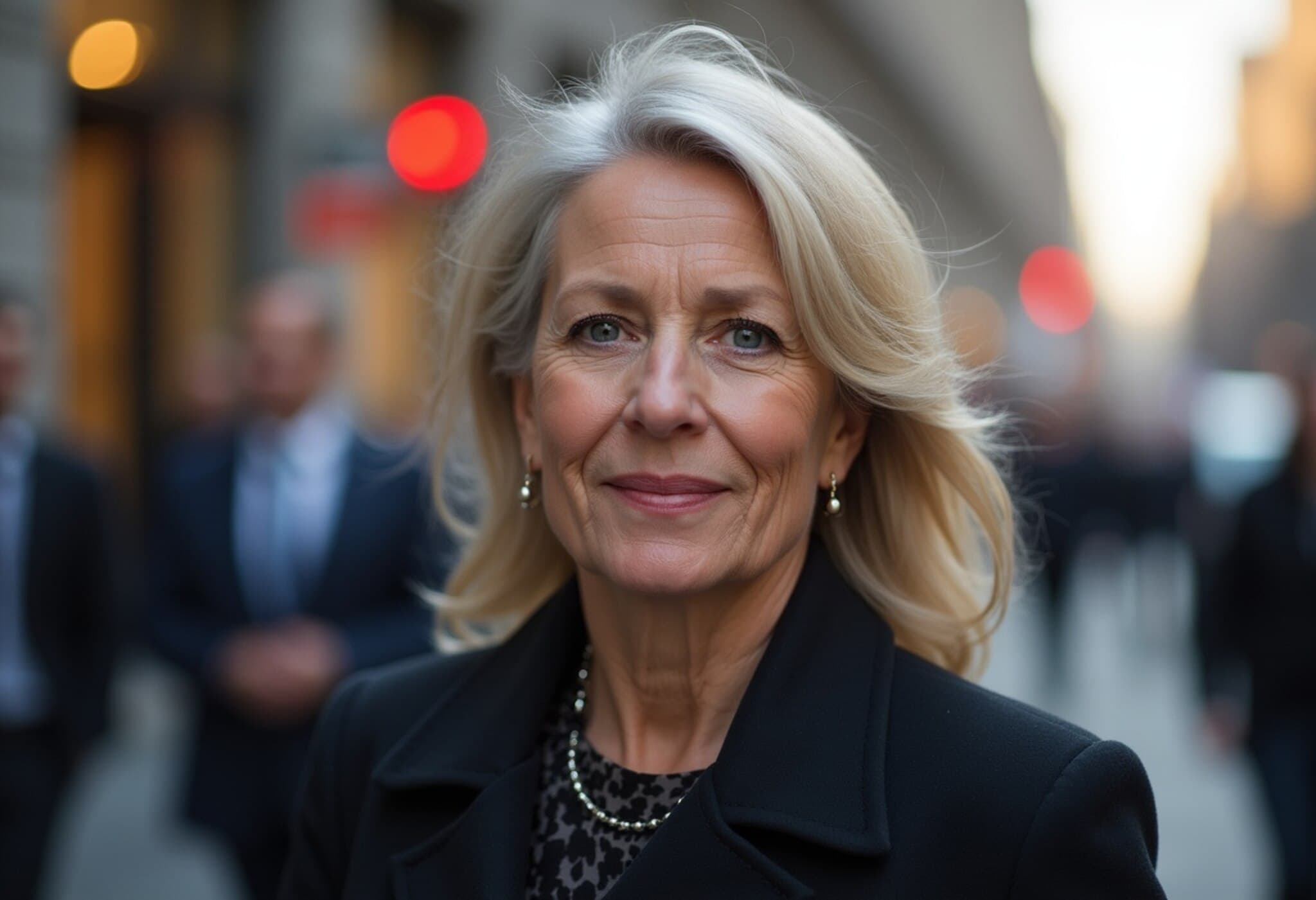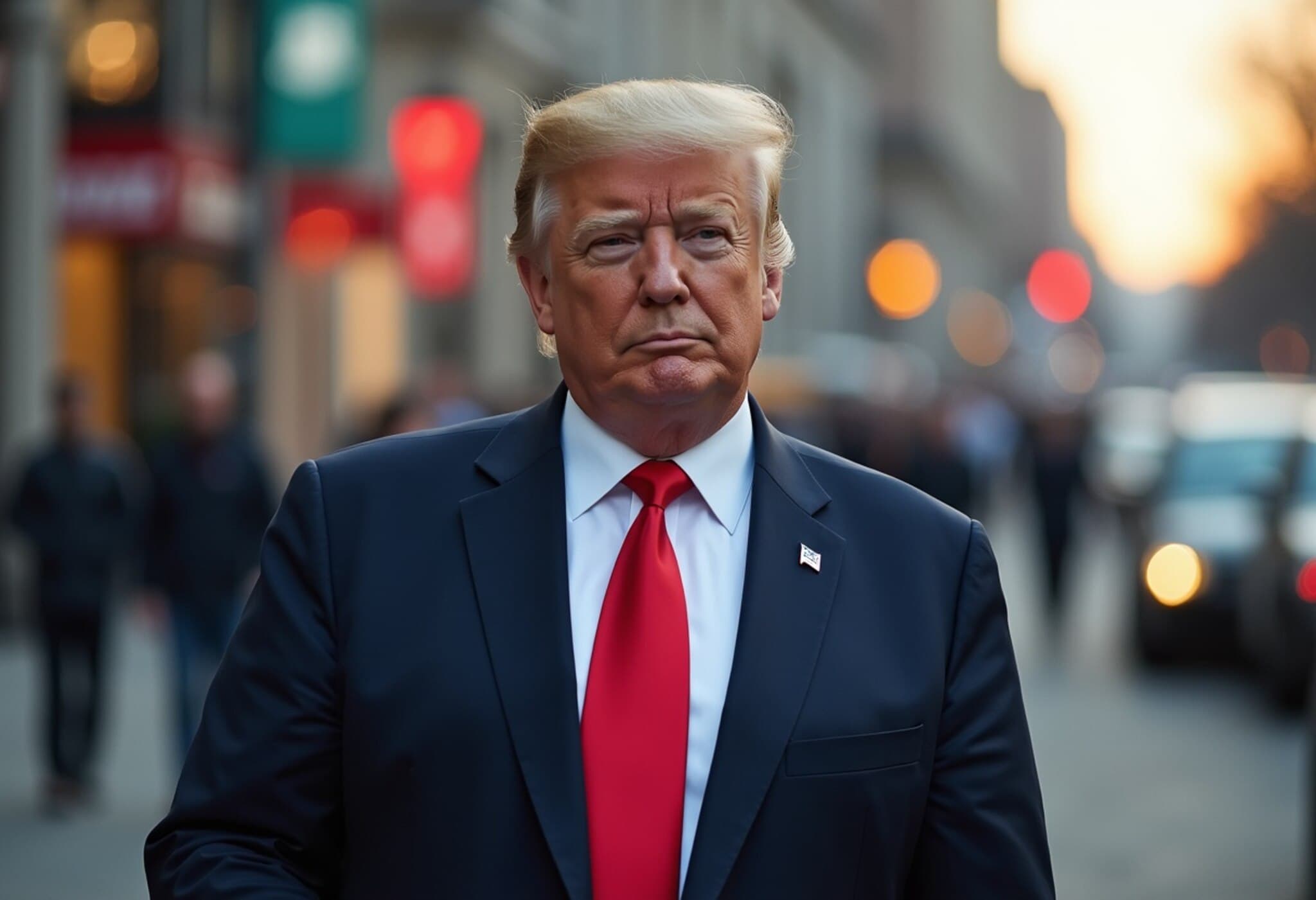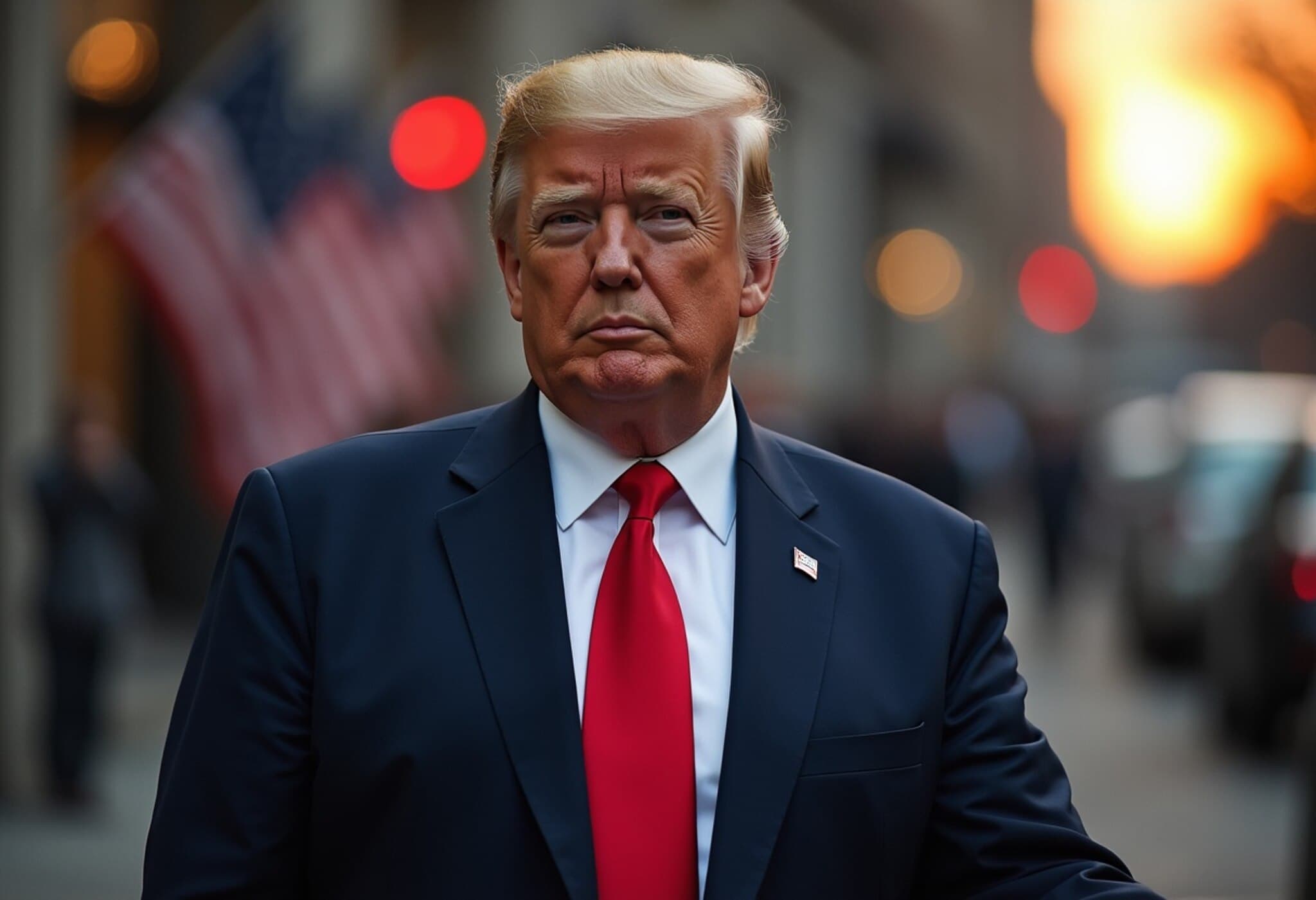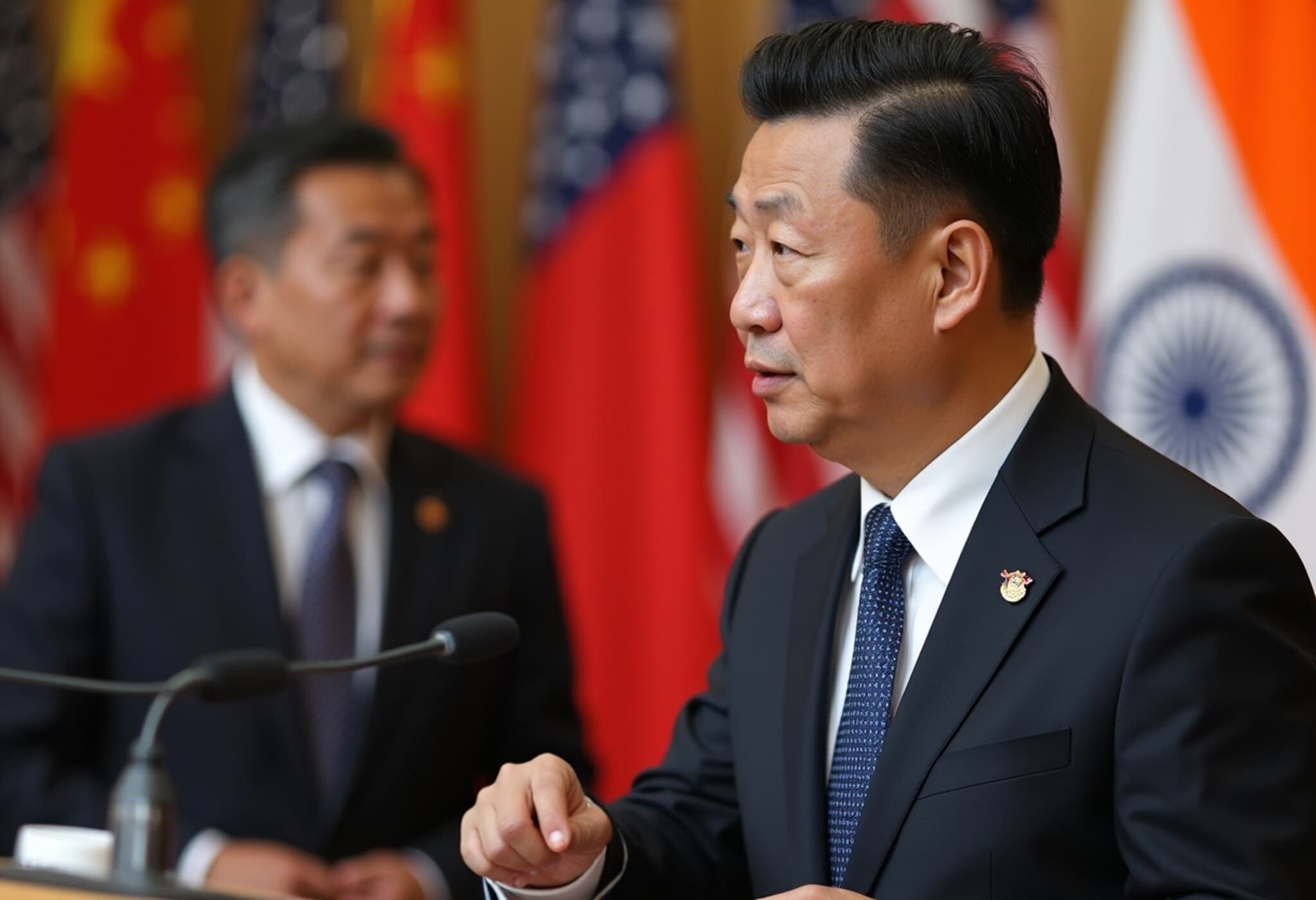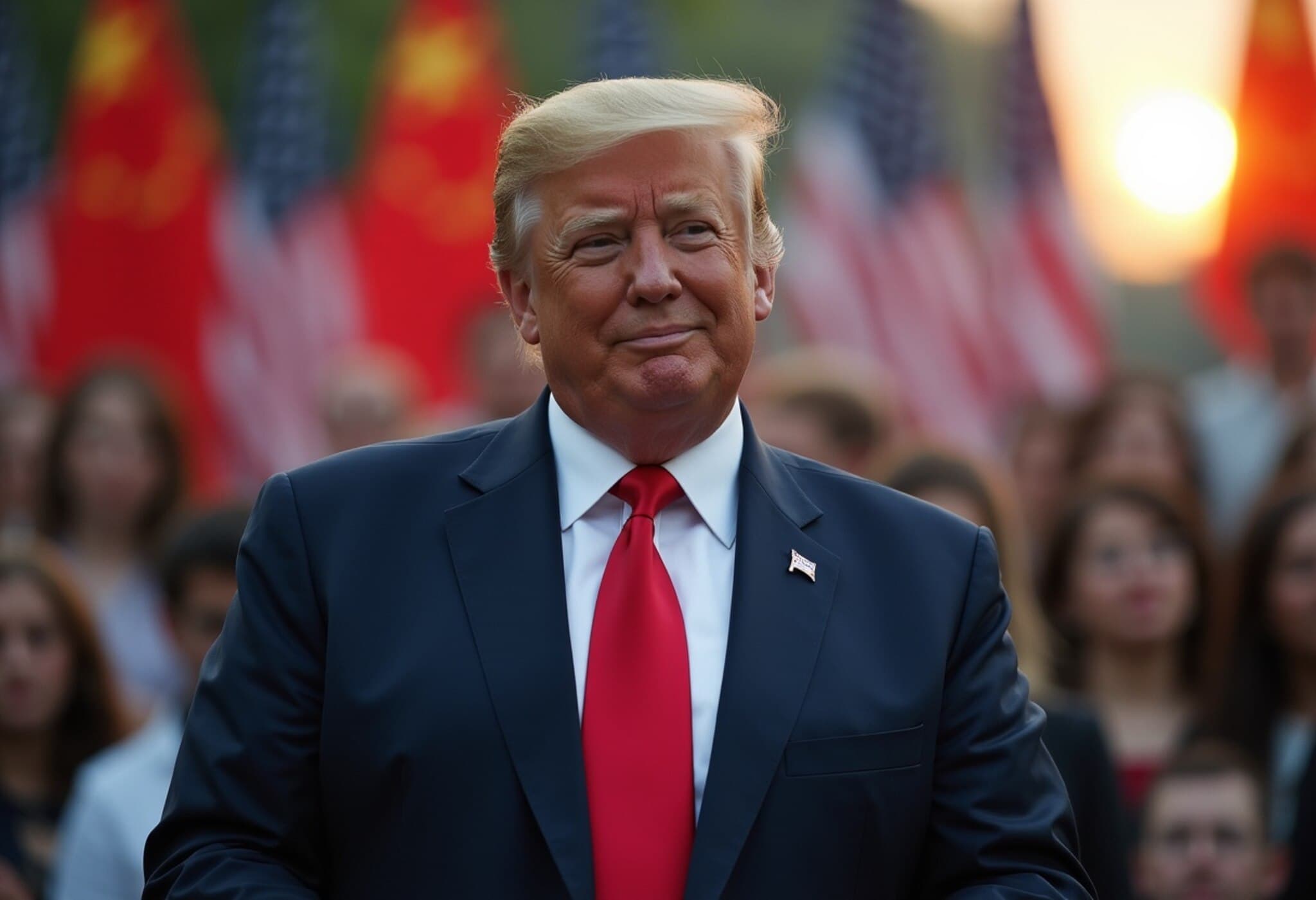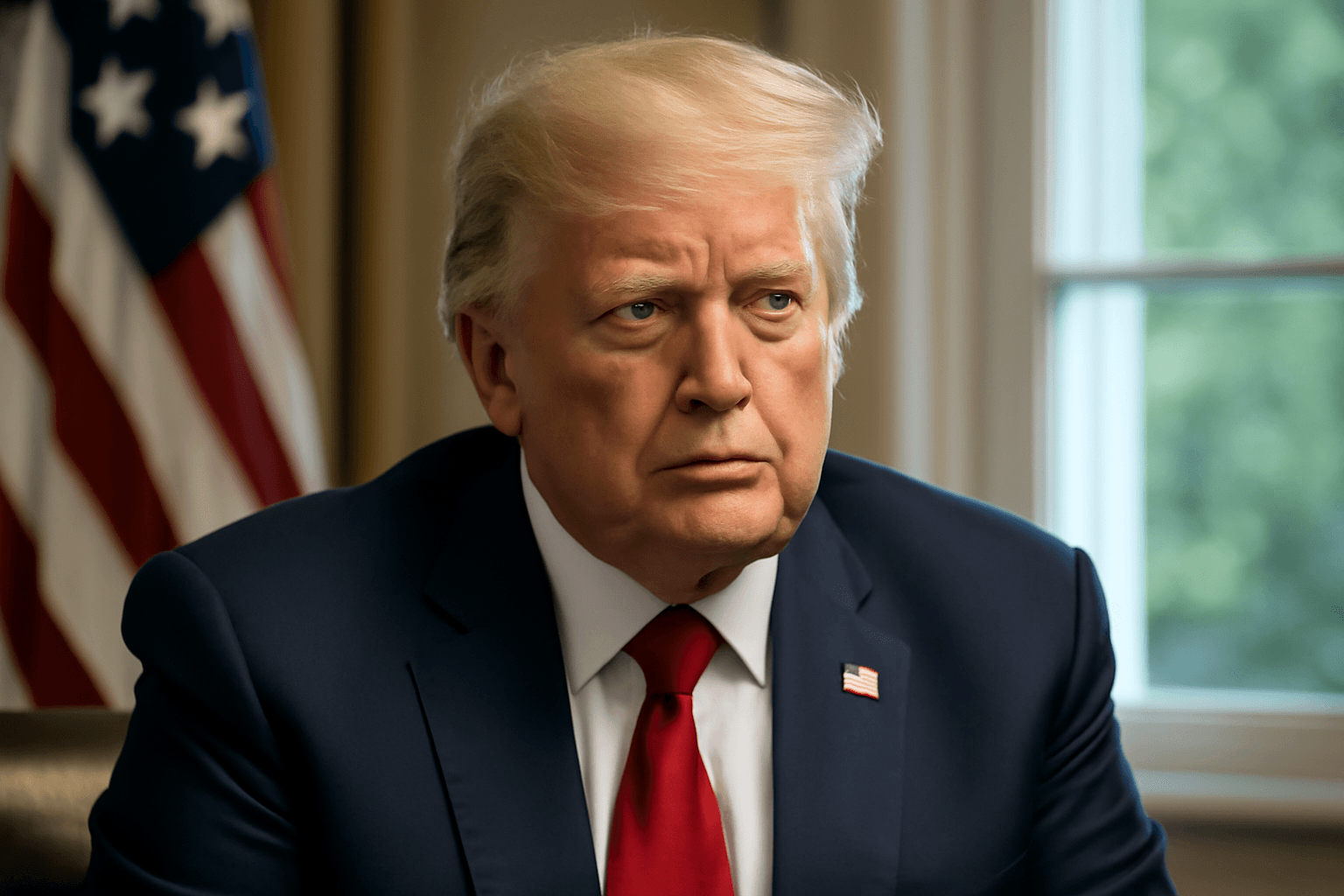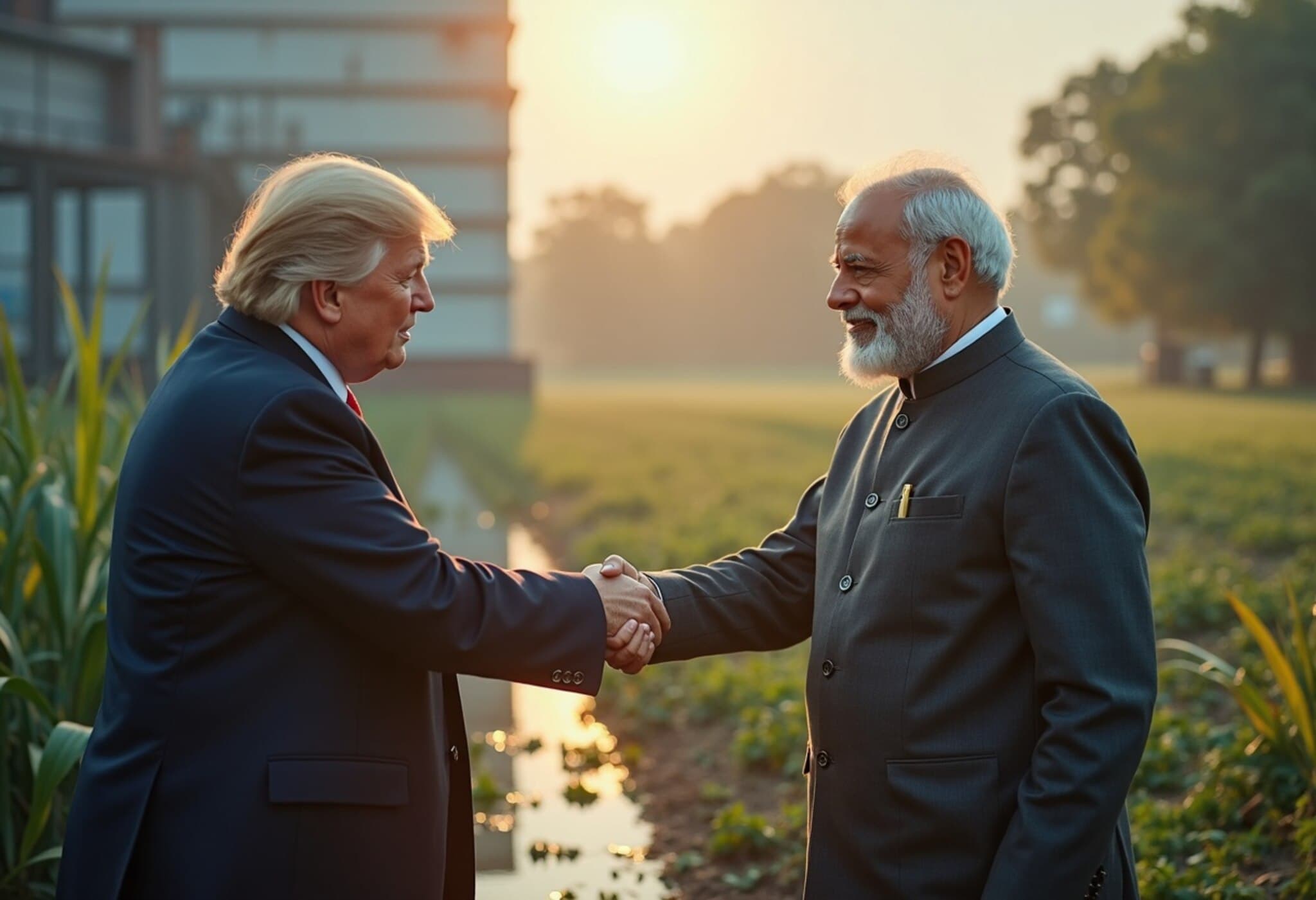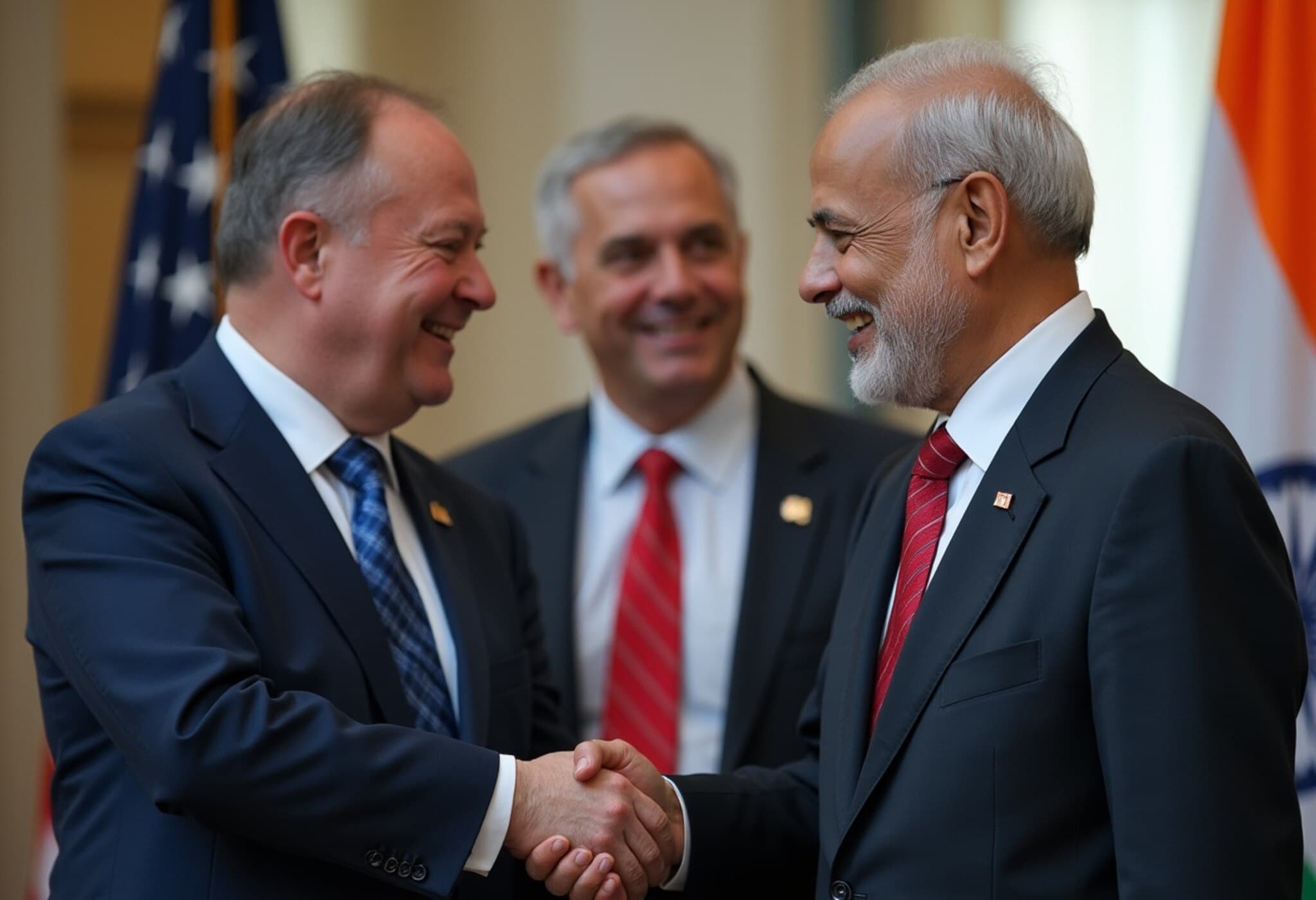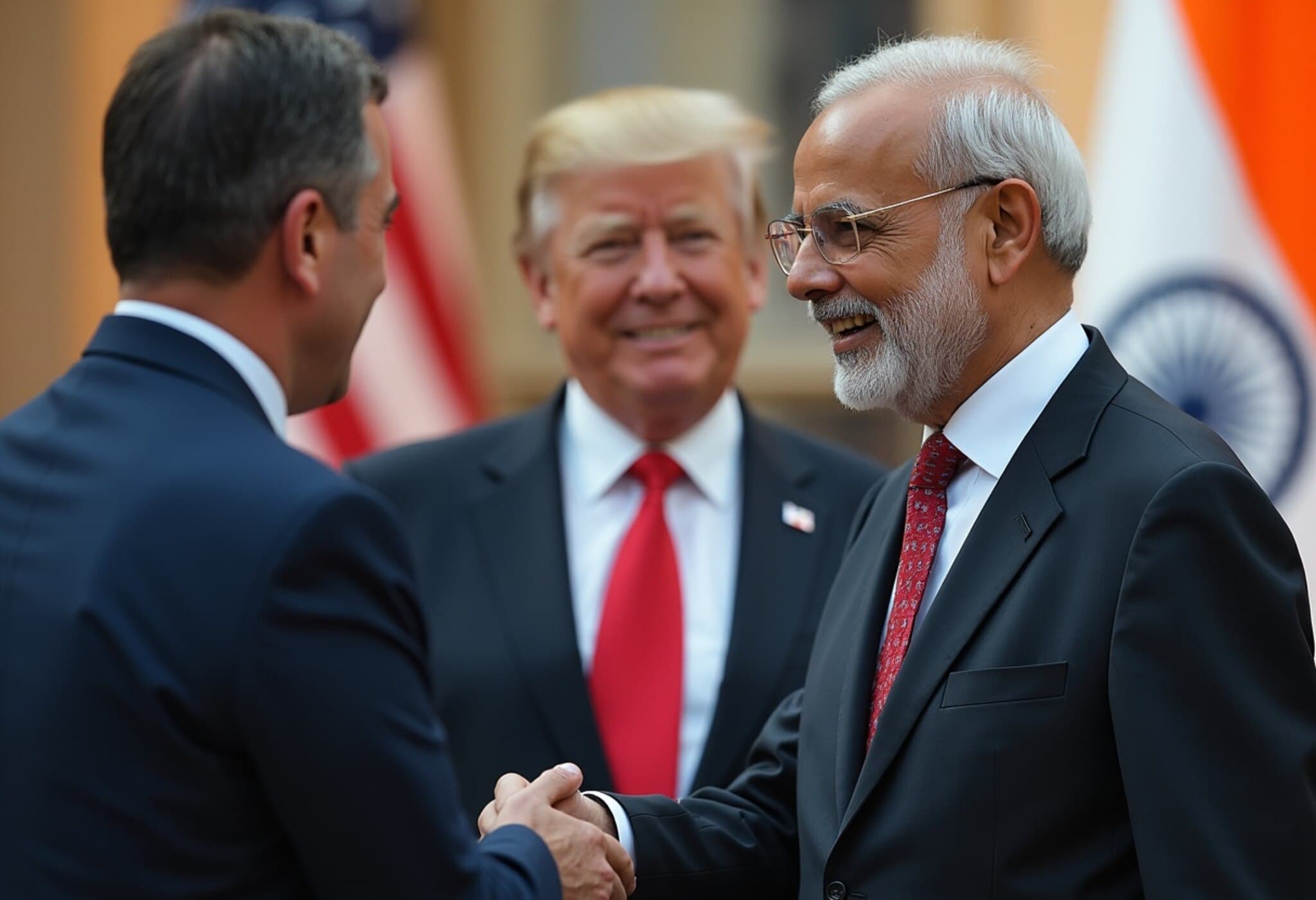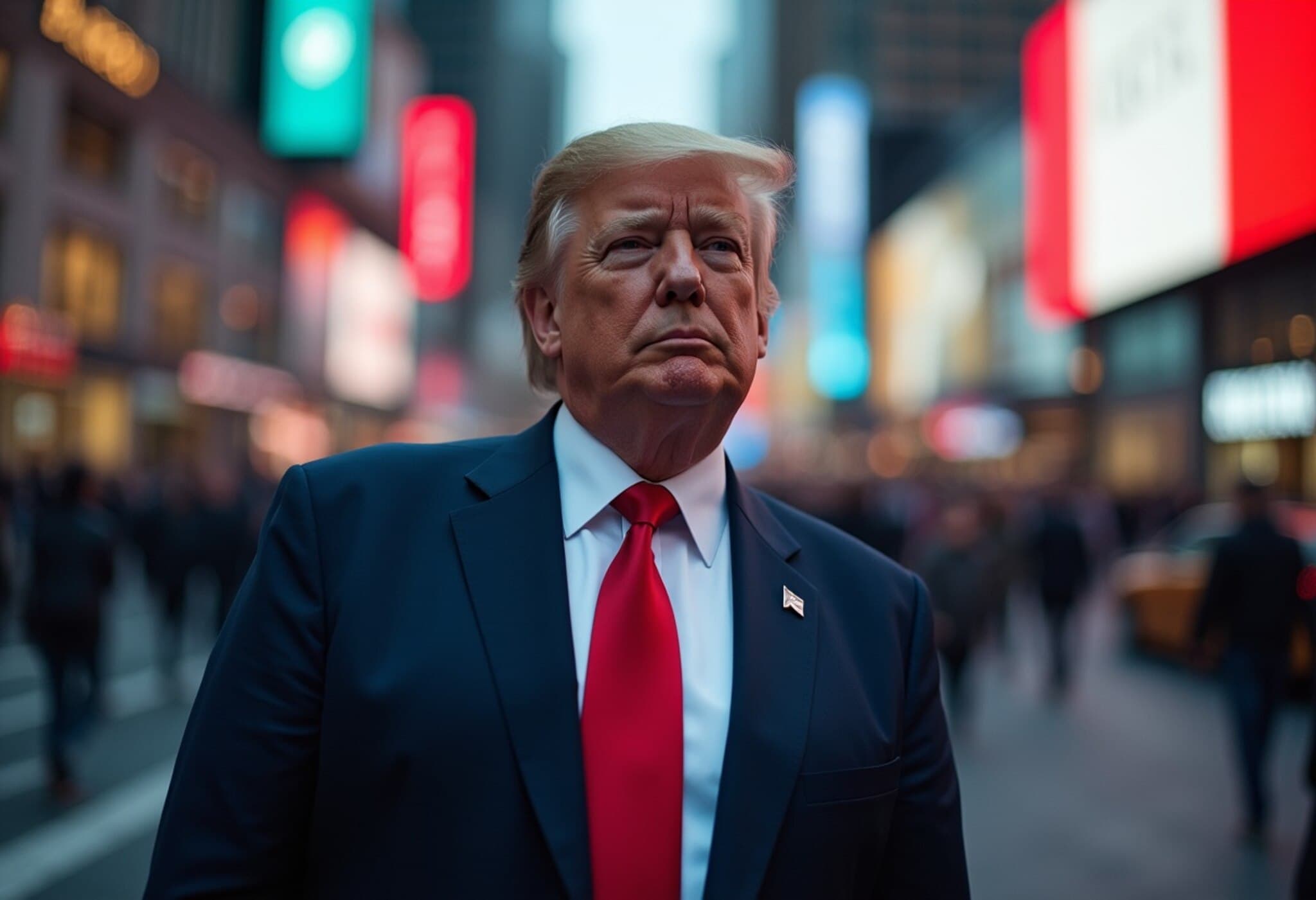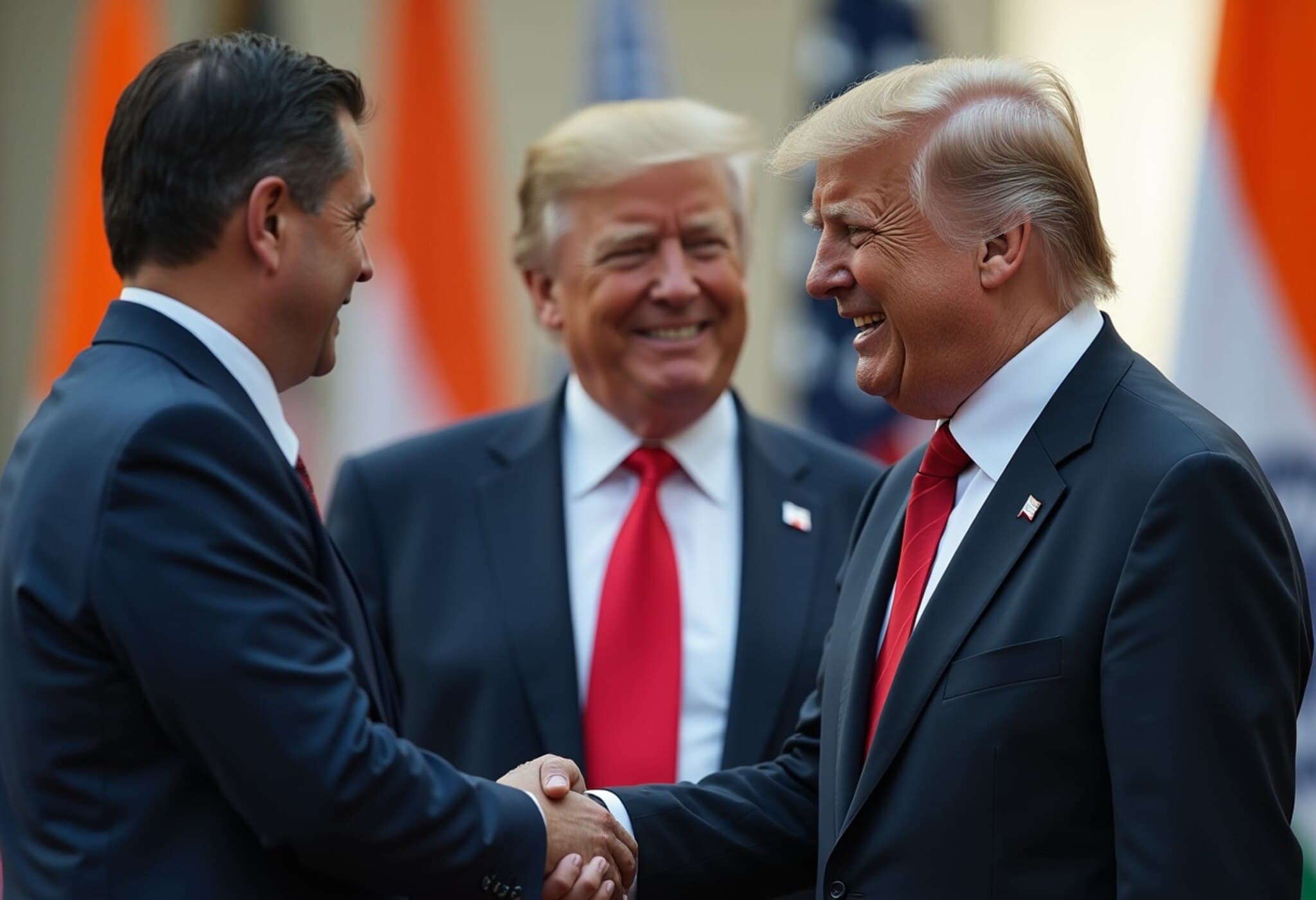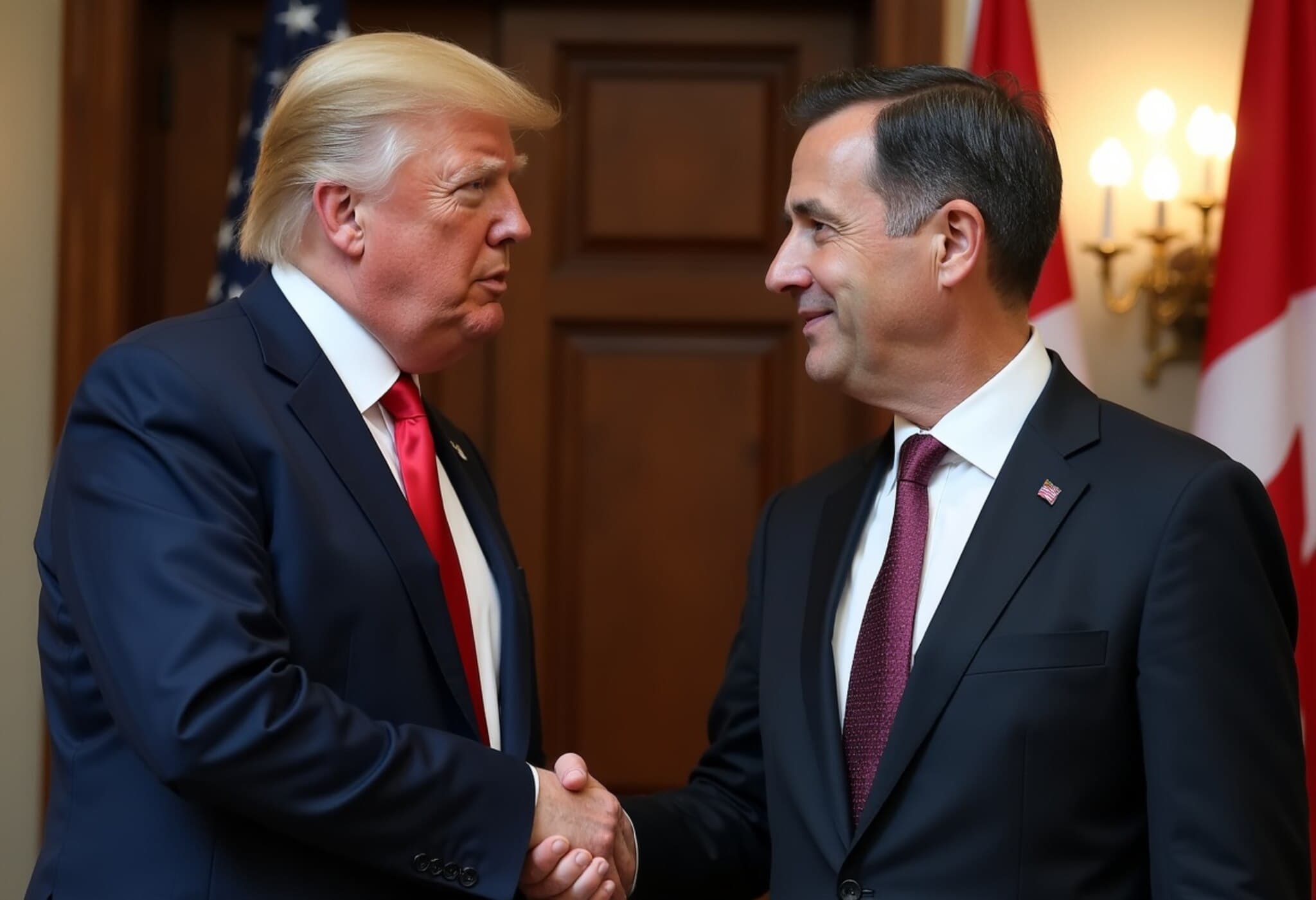US-India Trade Negotiations Encounter Stiff Resistance
The ongoing trade talks between the United States and India have reached a critical impasse, with US Treasury Secretary Scott Bessent describing Indian negotiators as "a bit recalcitrant" in response to mounting pressure from Washington. The deadlock centers primarily on India’s reluctance to open its protectionist agriculture and dairy markets – a core demand of the Trump administration’s trade agenda.
Backdrop: Rising Tariffs Strain Bilateral Relations
The friction escalated after President Donald Trump imposed a 25% tariff on Indian goods in retaliation to New Delhi’s reticence in trade concessions. Adding fuel to the fire, a subsequent additional 25% penalty tariff was scheduled for August 21, linked to India’s ongoing trade and energy ties with Russia – a move that underscores the complex geopolitical entanglements influencing bilateral commerce.
Washington's Perspective: A Negotiation Gridlock
Speaking candidly on Fox Business Network’s Kudlow Show, Bessent acknowledged that while multiple major trade agreements, including those with Switzerland, were delayed, he held an optimistic outlook regarding close of talks by the end of October. He expressed, "That’s aspirational, but I think we are in a good position," emphasizing the administration’s commitment to reaching "substantial terms with all the key countries," India included.
India’s Stance: Defending Farmers and Domestic Interests
Prime Minister Narendra Modi has been unequivocal in defending India’s agricultural sector, emphasizing that protecting farmers and the dairy industry remains non-negotiable—even at significant political costs. At a recent event in New Delhi, Modi stated, "Our farmers’ welfare is paramount. India will never compromise on the wellbeing of its farmers, dairy sector, or fishermen." This robust position reflects deep domestic sensitivities and electoral imperatives that constrain India’s negotiating flexibility.
Expert Analysis: Navigating Trade Sovereignty and Strategic Interests
The US-India trade disagreement reveals broader tensions inherent in trade sovereignty versus global market liberalization. For India, agriculture and dairy sectors are not just economic commodities but form the backbone of rural livelihoods impacting millions. Opening these sectors threatens domestic social stability—a risk government leaders are wary to undertake without careful calibrations.
From the US side, securing greater market access is vital to rebalancing a trade relationship perceived as asymmetrical, particularly under a politically charged climate favoring more assertive trade policies. However, the added complications of third-party geopolitical factors, notably India’s relations with Russia vis-à-vis US sanctions, further complicate consensus-reaching.
Underreported Dimensions
- Impact on Small Farmers: How increased US market access might affect millions of small-scale Indian farmers whose livelihoods depend on current protections.
- Geopolitical Nuances: The subtler role of India’s strategic autonomy and its implications in global supply chains and diplomacy beyond strictly economic interests.
- Long-term Economic Consequences: Potential shifts in India’s trade policy postures amidst rising global protectionism and shifting alliances.
What Lies Ahead? Outlook and Implications
As October approaches, all eyes remain on these pivotal talks. While US officials voice cautious optimism, India’s steadfast resolve signals that any agreement will require creative compromises that balance economic pragmatism with political realities. The stakes extend beyond tariffs, touching upon the future trajectory of US-India partnerships amid global economic uncertainties.
Key Questions for Policymakers and Observers
- Can sustained dialogue bridge the gap between economic openness and domestic protections?
- Will geopolitical tensions over Russia hinder constructive trade negotiations?
- How will these negotiations inform broader US trade strategy in Asia?
Editor’s Note:
The standoff between Washington and New Delhi underscores the complex interplay of economics, politics, and geopolitics shaping contemporary trade relationships. Beyond the headline tariff numbers lies a deeper narrative about national priorities, farmer livelihoods, and strategic autonomy. As negotiations press forward, the outcome will not only redefine bilateral trade but also set a precedent for how emerging economies balance protectionism with global integration in an era of increasing economic nationalism.

